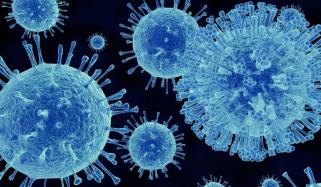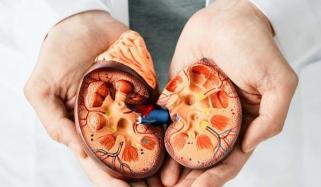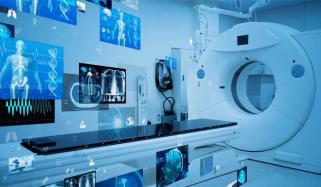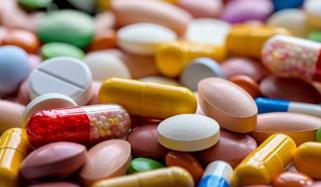
A recent study revealed that the class of medicine utilised to treat epilepsy, nerve pain, and anxiety does not appear to raise the risk of an individual’s self-harm.
Gabapentinoids including gabapentin and pregabalin have been associated with a raised risk of suicidal thoughts, researchers noted.
However, researchers revealed that patients had a raised risk of self-harm before being prescribed gabapentinoids and that the risk increases again after some time, once they stop consuming them.
Research team led by senior investigator Kenneth Man, a lecturer in pharmacoepidemiology and drug safety at University College London in the U.K stated:
“Our results cannot rule out a potential risk of self-harm associated with gabapentinoid prescriptions, but the association does not seem to support a direct effect of gabapentinoid treatment on self-harm because of the elevated risks observed before treatment initiation.”
In 2008, the U.S. Food and Drug Administration (FDA) reported a raised risk of suicide among individuals who consumed gabapentinoids and other antiseizure drugs.
To find facts, researchers assessed health records for 10,000 adults in the U.K. who consumed gabapentinoids between 2000 and 2020 and recorded a single incident of self-harm.
Is consuming gabapentinoids harmful or safe?
Results indicated that the rate of self-harm significantly surged by 69% in the three months before starting gabapentinoid treatment, suggesting that patients who were prescribed the drugs were already at an increased risk.
The risk was reduced during drug treatment; however, it increased again in the two-week period once patients stopped consuming medicines.
The research concluded that this indicated that gabapentinoids are unlikely to be directly associated with self-harm risk.















